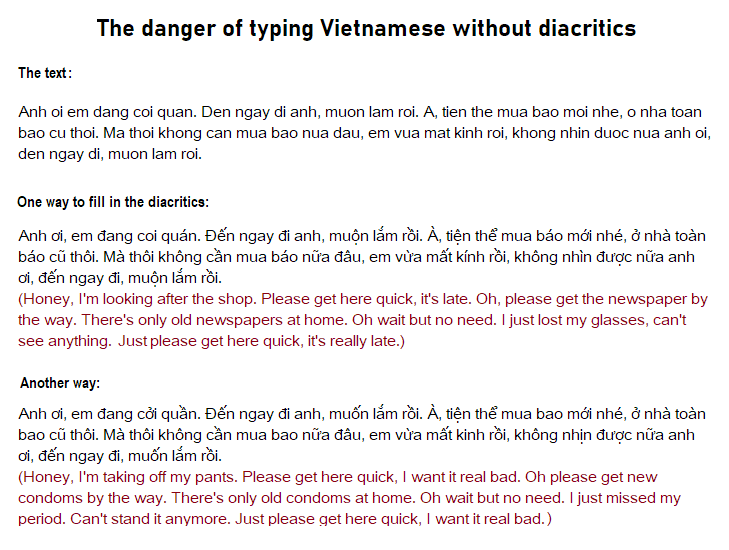Sia suay (or xia suay): a Hokkien expression in Singapore English
Here at Language Log, we are quite familiar with Singapore English, which comes in two registers: Singapore Standard English (SSE) and Singapore Colloquial English (Singlish). The term we are discussing today can be used in either register.
This multipurpose expression is featured in connection with the COVID-19 crisis in two recent articles in The Independent:
I
"'Sia suay should be the word of the year…' Netizens take a dig at Chan Chun Sing now that panic buying is happening in many countries
Many netizens went online to say that those words had become a kind of catch phrase. It implies something that is a disgrace or an embarrassment", by Anna Maria Romero (3/5/20)
II
"'Let’s not xia suay again, Singaporeans.' Netizens respond to Chan Chun Sing’s assurance that the country has enough food supplies
Many people commented thanking him for issuing the reassuring update in such a quick manner and called for Singaporeans to stand united at this time", by Anna Maria Romero (3/17/20)
Read the rest of this entry »

